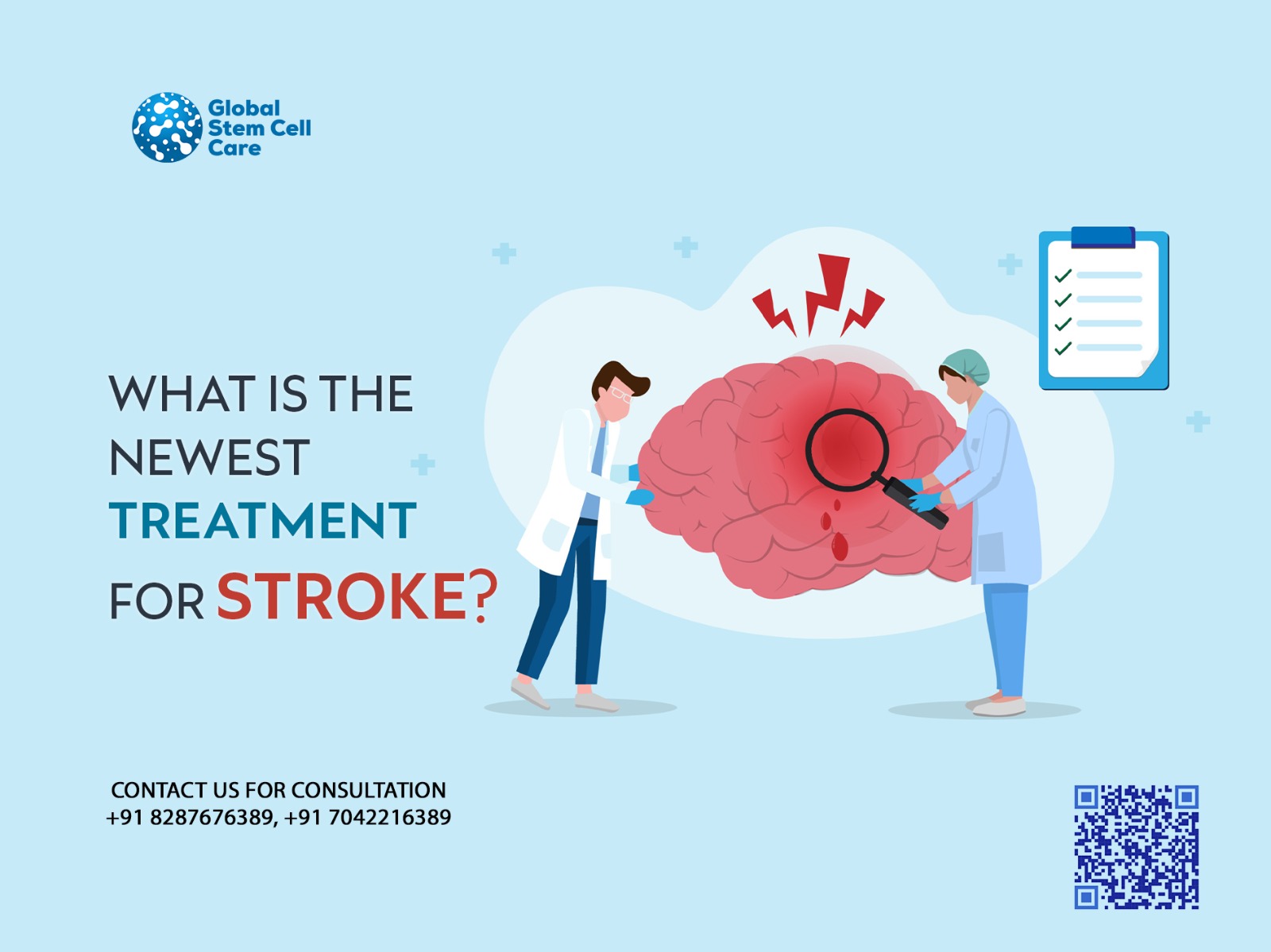One of the primary causes of disability globally, millions of people suffer from long-term challenges in movement, speech, and memory as a result of strokes annually. Traditional stroke treatments entailed physical therapy and medication that could only provide a poor outcome for most severe cases. Today, however, emerging hope in the revolutionary approach of stem cell therapy. Thus, this highly developed form of treatment is going to promise things to those patients afflicted by the permanent effects of a stroke to repair their brain cells and recover lost functions.
In the future, if one is seeking some novel stroke recovery, Global Stem Cell Care may be able to guide through that promising therapy. The consultancy for stem cell therapy, Global Stem Cell Care, has always been willing and available to help patients understand and walk through all of the possibilities with regard to using stem cell transplant to promote recovery and quality living.
Understanding Stroke and Its Impact
A stroke is a medical term used in referring to conditions in which blood flow to the brain is blocked, thus depriving the brain cells of oxygen and causing cells in the affected area to die. The extent and location of the damage may result in any of the following deficits:
- Loss of motor function
- Impaired speech
- Memory or cognitive disorders
- Coordination and balance disorders
Recovery is a slow process either with or without rehabilitation, in which some patients remain lifetime disabled. Although recovery is a slow process, it is actually the power of stem cell therapy that is based on regeneration in the brain rather than curative treatment of symptoms.
Stem Cell Therapy
Stem cells possess the unique and exclusive ability to differentiate into different types of cells in the body. In stroke treatment, the concept is to utilize stem cells, to replace, or repair damaged cells of the brain, which will help in functional recovery. The approach of therapy is not only new-age but also challenges possibilities rumored to be impossible.
Types of Stem Cells Used for Stroke Treatment
There are different kinds of stem cells used to treat stroke. Each of them has their advantages in the following ways:
Mesenchymal Stem Cells (MSCs): Mesenchymal Stem cells have anti-inflammatory properties and the potential to induce tissue regeneration. They typically are derived from bone marrow, fat tissues, or umbilical cord tissue.
Neural Stem Cells (NSCs): These stem cells are specifically programmed to become brain cells and, therefore, are more potent at targeting the repair of the brain compared with the rest.
Induced Pluripotent Stem Cells (iPSCs): These iPSCs are derived from the reprogramming of adult cells into an embryonic-like state, making them nearly any type of cell. They are said to hold huge potential for personalized treatment in stroke recovery.
How Stem Cell Transplant Works in Stroke Treatment
Transplantation of stem cells involves introducing stem cells into the brain or bloodstream of a patient. They then travel to the site of injury. It is there that they may initiate repair by provoking the growth of brain cells and rebuilding necessary neural connections in which a person may function.
Global Stem Cell Care is the epicenter of helping patients understand the risks and accessing stem cell therapy for stroke treatment. Its consultants closely work with the patient to explain the benefits, risks, and the whole process involved in undergoing a stem cell transplant. They therefore assist the patient step-by-step in a holistic recovery approach.
To Wrap Up
Stem cell therapy is a new frontier in stroke treatment and hope for patients with such life-altering aftereffects. It may help transform the recovery of strokes by enabling the possibility of healing by the stem cells in the brain and also the regeneration of new ones. In such a way, individuals can turn to this innovative approach through consultancies such as Global Stem Cell Care and get guided through their stroke recovery journey to make informed decisions. With the passage of time, research would come up and medical breakthroughs might bring treatment through stem cell therapy. It might become the potential lifeline for stroke patients refashioning lives and restoration of hope.
